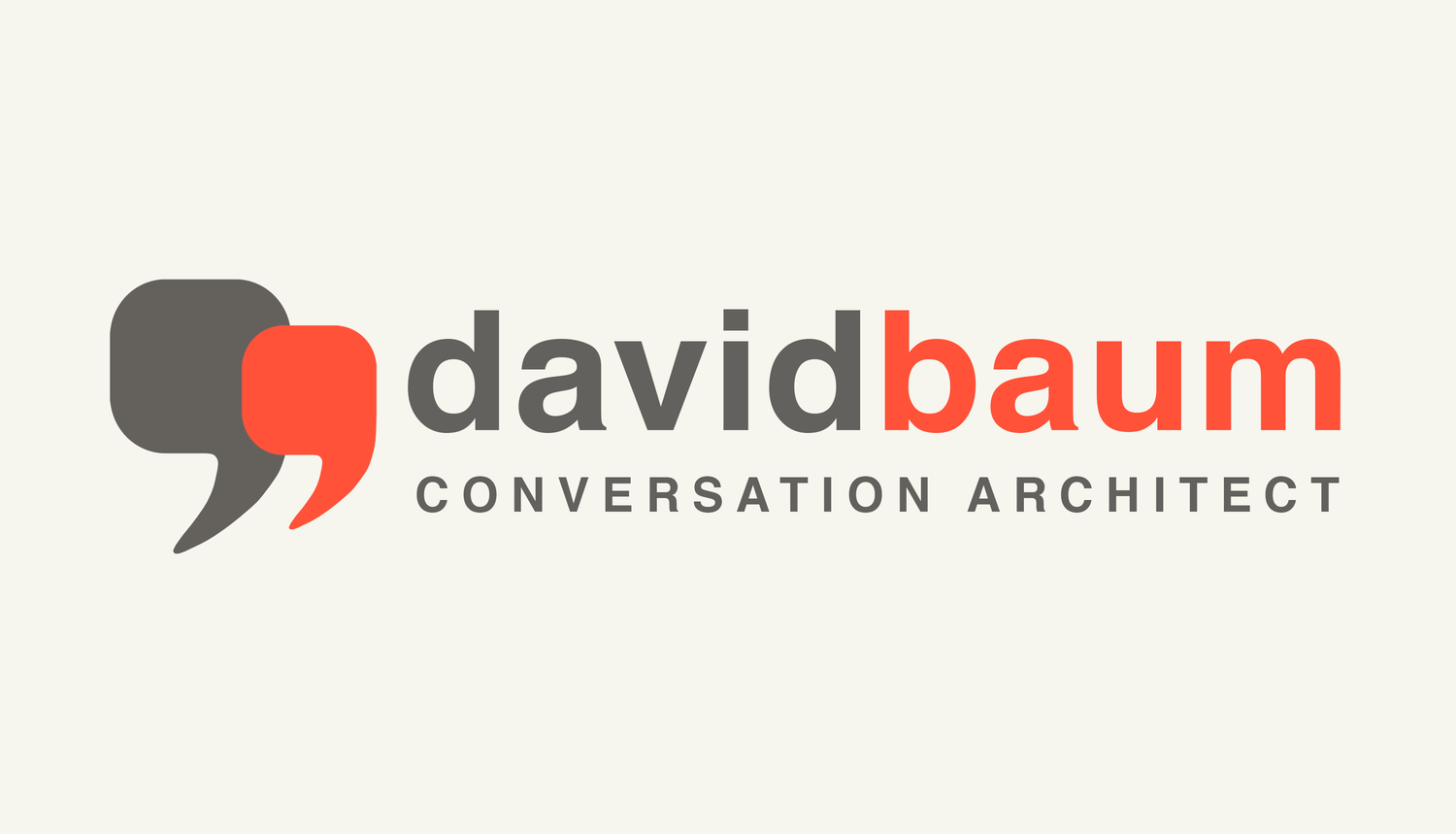News & Articles
Building Your Resiliency Muscle
It may feel like what we are going through has never happened before, and yet historically we are not the first to experience global pandemics. The Antonine plague, The Spanish flu of 1918, the bubonic plague, the cholera pandemic, AIDS, SARS…there are many. And now Covid-19. In each of these cases we came back—with resilience.
Circles of Care
When you think about the pandemic, how do you “hold it”? That is, what is the context you use to think and act? Do you see it as transitional—as something to get through? Or do you see it as transformational—as something that is to be worked with and used for your personal and our collective betterment?
The Power of Walking Conversations
When we walk and talk versus sit and talk, the quality of communication feels different. In the act of moving forward together, something in our nature is affected. If we’re lucky, we can be reshaped or deepened by the conversations that happen when we move. If we are really lucky, we can be transformed.
Verbal Aikido
“Taking someone’s balance” is an effective strategy when positions are rigid and inflexible and not in spite of it. Taking someone’s balance means we step out of the way of the attack and effortlessly respond with the opposite posture. This means if asked an irresolvable question reverse the query by asking for the statement. If you are the target of an aggressive statement, flip instead to a question.
The Hard Ask
The poet Rumi says, "You must ask for what you truly want." All great coaches basically offer the same advice. First, be crystal clear about your needs and the more specific the better. Step two, as simple as it sounds, ask! So much in our lives goes unstated, with assumptions that either the other should know or we don’t deserve what we want. It is not anyone else’s business to take care of your needs. That is your job.
The Employee Rescue
Getting someone to admit they have a behavioral problem is one of the most difficult of a manager's tasks. Many a night has been filled trying to figure out how to get the message through after a number of attempted and failed conversations. The following is an approach that has been very successful. The basic philosophy is to follow a protocol and ask questions. That is all. You do not threaten, lose your temper, apply pressure or preview consequences.
Our Culture of Apology
Of all the things that bother me, the worst is that business has become known for the meaningless apology, hollow at best and manipulative at worst. I see it as nothing more than a pre-emptive strike. “Look”, I want to say. “When I am upset, I may not be a box of chocolates but I am not horribly, abusive either. I understand certain business realities. But when that fake apology comes my way, over and over, it does nothing but ignite my anger.”
Words Matter
During a significant organizational change bring your people together for one-on-one sessions in front of a video camera and ask them to tell you how they will talk about the change. Then sit back and watch. Is the language consistent? Are the same key words being used over and over? Is the phrasing not just aligned, but even identical? Because at the end of the day, words do matter.
Why Partnerships Fail
What seems true is that every organization will usually have one big fear (loss of control or identity) and that during any partnership discussions susceptibilities to that fear run high. It is easy to trigger an unseen landmine if you’re not careful, and so the bigger the stakes, the more impeccable the need for high level behavior.
All In
Picture this. Your only brother's son is a senior in college. He is about to begin his final semester but emotionally is starting to crash and burn. Depressed, alienated and suicidal, his completion of a degree seems unlikely at best, his very life in jeopardy. He lives three hours away and you are a busy person with a full life. What would you do?
The Disconnection of Metaphor
Mark Nepo, in his lovely book, The Exquisite Risk, writes that the Native American view is held to keep its people connected to the directness of life. "We do not believe in metaphor. For metaphor blocks our being touched directly by the many faces of the Great Spirit. As Westerner's, we say the wind is like God's voice. But the Native American says, the wind is God's voice. We say water is like the earth's blood. But the Native American says, the water is the earth's blood."








